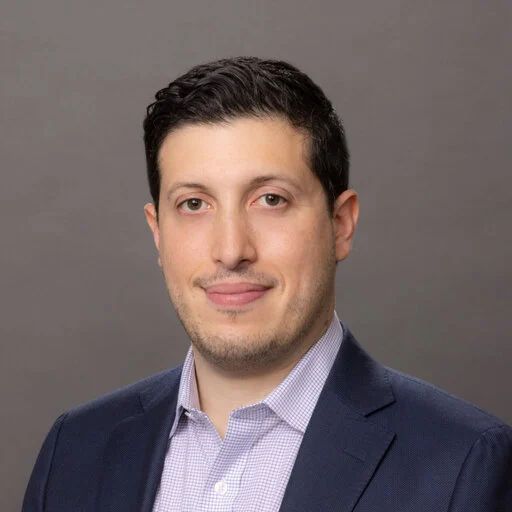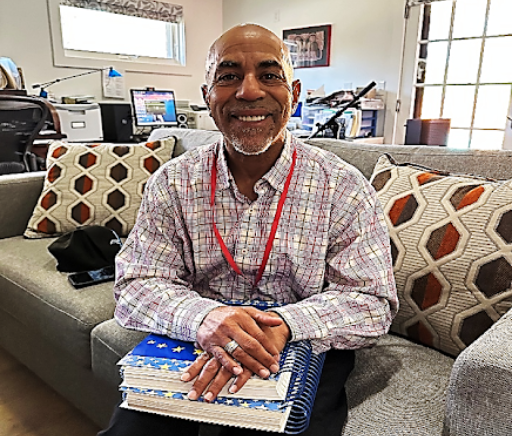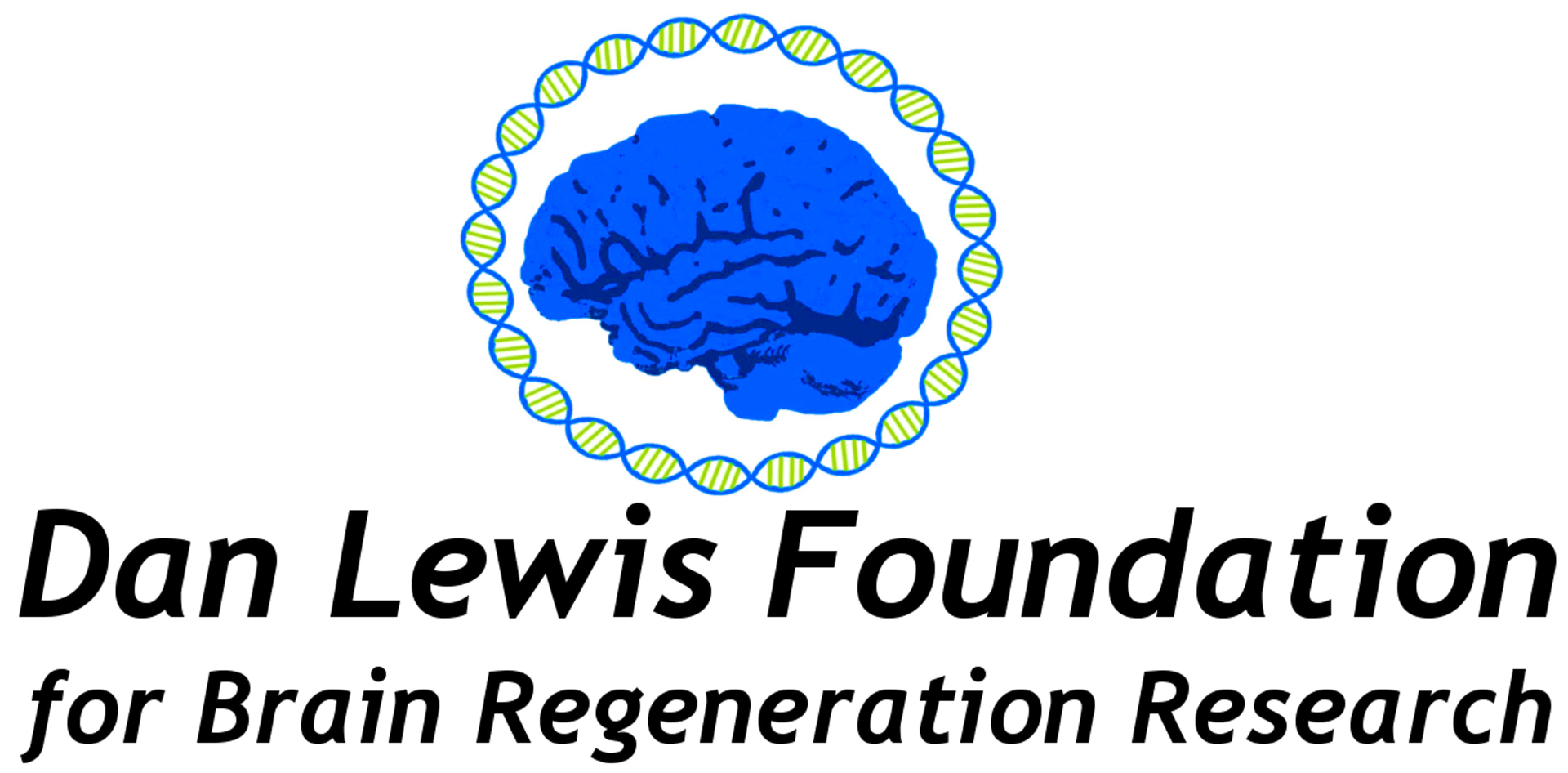Dr. Burrell is a translational neuroengineer in the Departments of Neurosurgery and Oral & Maxillofacial Surgery at the University of Pennsylvania. His research integrates advanced neural repair strategies with clinical translation, focusing on axon protection, nerve fusion, and engineered neural tissue for neurotrauma recovery. Dr. Burrell has led the development of multiple first-in-field innovations—including the first large-animal model of nerve fusion, delayed axonal fusion protocols, and the first orally active axonal protectants—positioning him as a recognized leader in regenerative neurotechnologies. He is co-founder of Neurostorative LLC and plays a central role in several other platforms aimed at neural reconnection, long-term preservation, and bio-integrated prosthetic systems.

With over 40 publications and six patents, Dr. Burrell brings a unique combination of rigorous scientific expertise and translational vision. His interdisciplinary collaborations span academia, industry, and government, including contributions to multi-PI NIH and DOD-funded initiatives. A committed educator and mentor, he has trained numerous graduate and undergraduate students and taught academic entrepreneurship to hundreds of trainees across disciplines. Motivated by a personal connection to paralysis and a deep commitment to impact-driven science, Dr. Burrell continues to advance novel platforms to restore lost function and reshape the future of neural repair.
Dr. Burrell writes “My research program is dedicated to developing integrated therapeutic strategies to stimulate meaningful functional recovery following severe acquired brain trauma, by preserving injured neural circuitry, promoting regeneration, and reconstructing long-distance pathways. My work spans three interconnected areas: pharmacological neuroprotection, engineered neural tissue for circuit reconstruction, and targeted molecular delivery using high-throughput discovery platforms”.
Dr. Burrell also states “My research is directly aligned with the Dan Lewis Foundation’s priorities to advance pharmacological, cellular, and molecular strategies for neural repair. I am committed to developing therapies that stimulate meaningful functional recovery after acquired brain trauma by preserving residual neural circuits, reactivating intrinsic repair programs, and reconstructing long-distance connectivity through engineered tissue.
The DLF is very enthusiastic about Dr. Burrell’s research. He stands out among a growing cadre of young investigators who will bring meaningful brain regeneration into reality in the near future.


